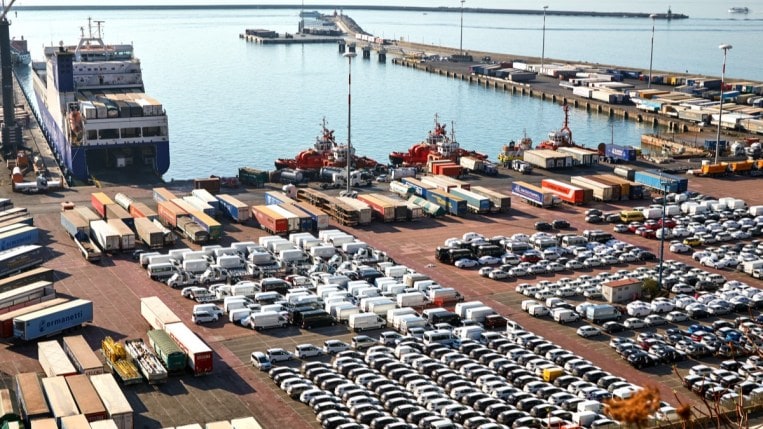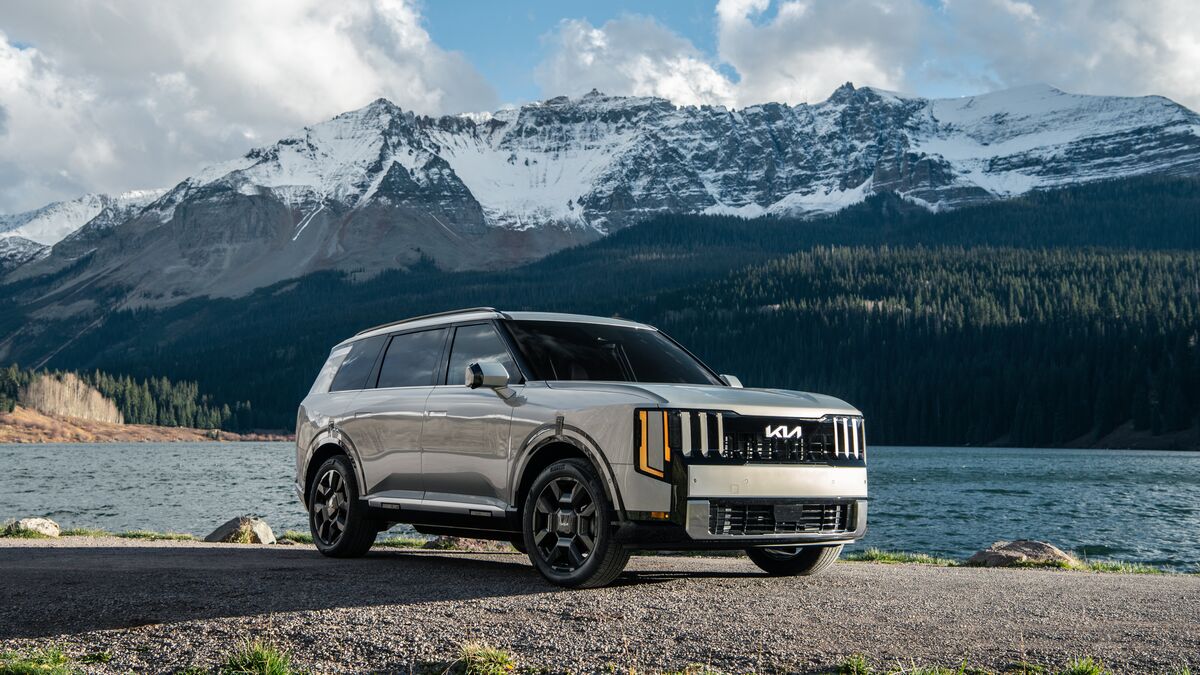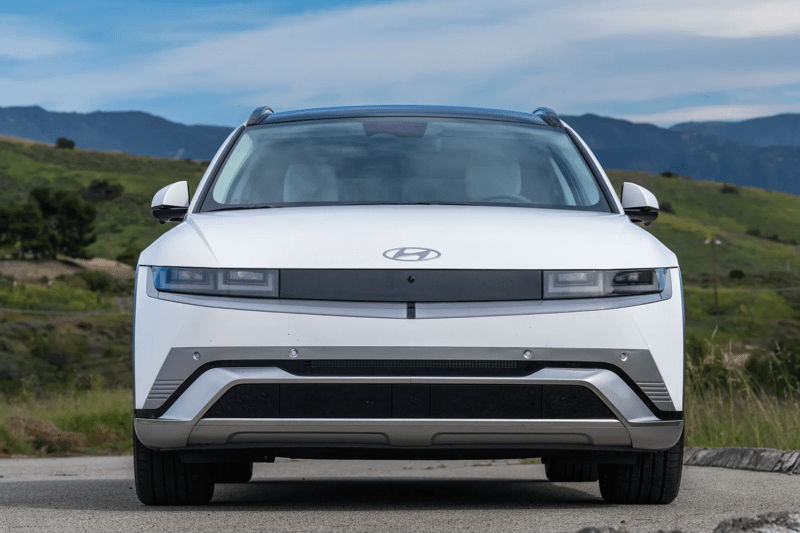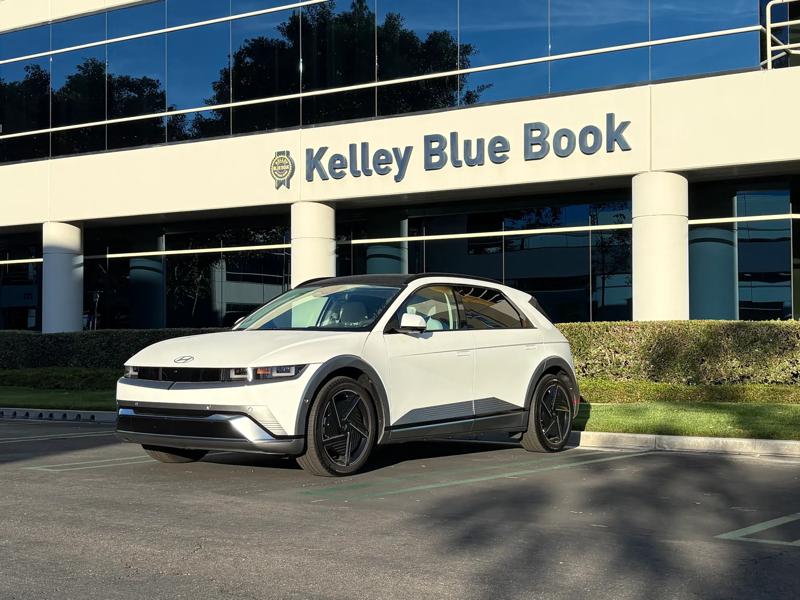
“These delays are massive,” Andreas Braun, regional director of ocean product, EMEA, for Crane Worldwide Logistics, told CNBC. The issue could delay deliveries of cars to the United States “on a timeline of months.”
BMW Among Hardest Hit
BMW, Braun says, is among the hardest-hit car builders. “There is a three-month delay for BMW, where cars sit in yards waiting to be fitted with extras, especially with the iDrive touch controller.”
The logjam is severe enough that the huge cargo ships that float cars between continents for sale are starting to make other plans. Shipping line Wallenius Wilhelmsen is one of the largest operators of car carriers.
Dan Nash, head of vehicle carriers for VesselsValue, told CNBC the line has told automakers it can’t ship any cars in November and possibly not in December because of the Bremerhaven backup.
Several factors have collided to create the traffic jam. Military exercises have taken up some of the port’s capacity. A shortage of drivers to move containers in and out of the port has caused a backlog.
And shipping companies scrapped some vessels at the start of the COVID-19 pandemic as global trade slowed. They’ve ordered replacements to rebuild their fleets, but no one builds massive ships quickly. Nash tells CNBC the fleet may not be back to normal until 2024.
Many Dealers Already Low on Cars to Sell
Many automakers are already short on cars to sell. A global microchip shortage and other supply-chain crises have left them building fewer cars than Americans want to buy.
Before the COVID-19 pandemic, most automakers attempted to keep at least a six-week supply of new cars to sell. Thanks to supply-chain challenges, most are now under that number.
At the end of October, BMW dealers had an average of 15 days’ worth of cars in stock. Audi dealers had 22. Mercedes-Benz dealers had 25.
Not all European automakers are as severely impacted. Volvo ended October with a 44-day supply of cars in the U.S. Alfa Romeo dealers had the industry’s largest supply at 98 days.
Dealers with a healthy supply of cars to sell often discount them. Dealers who can rely on selling nearly every vehicle that comes in their doors quickly don’t need to discount them.
The wide spread in current supply has resulted in strange conditions for shoppers, who can find heavy discounts on some sales lots and none at all on others.
But the shipping delay is likely bad news for BMW shoppers – the brand earns a look from more shoppers than any other luxury marque. High demand and low supply mean high prices.
We’ve reached out to several European automakers to ask if they can share any information about what car shoppers should expect.







